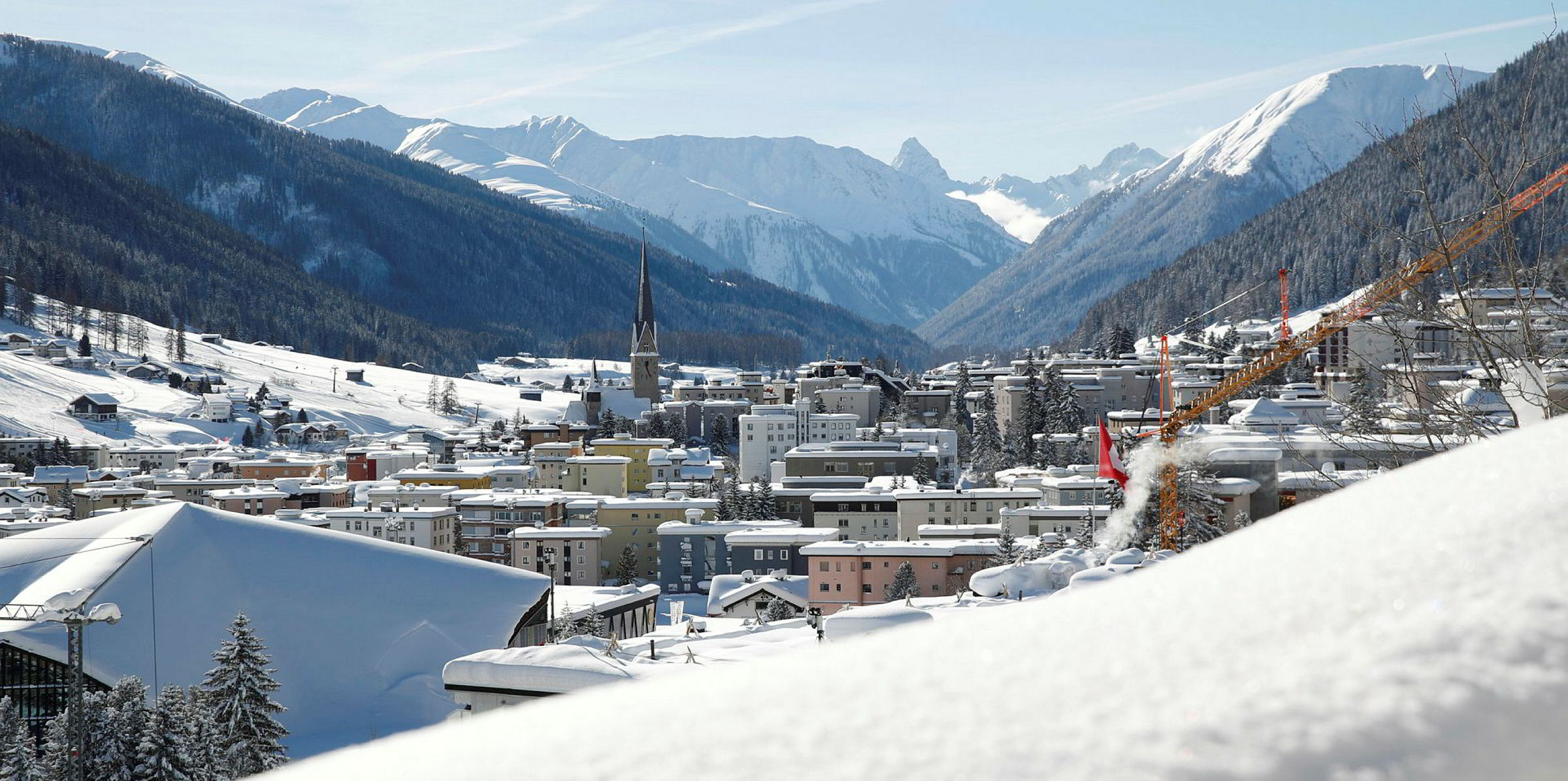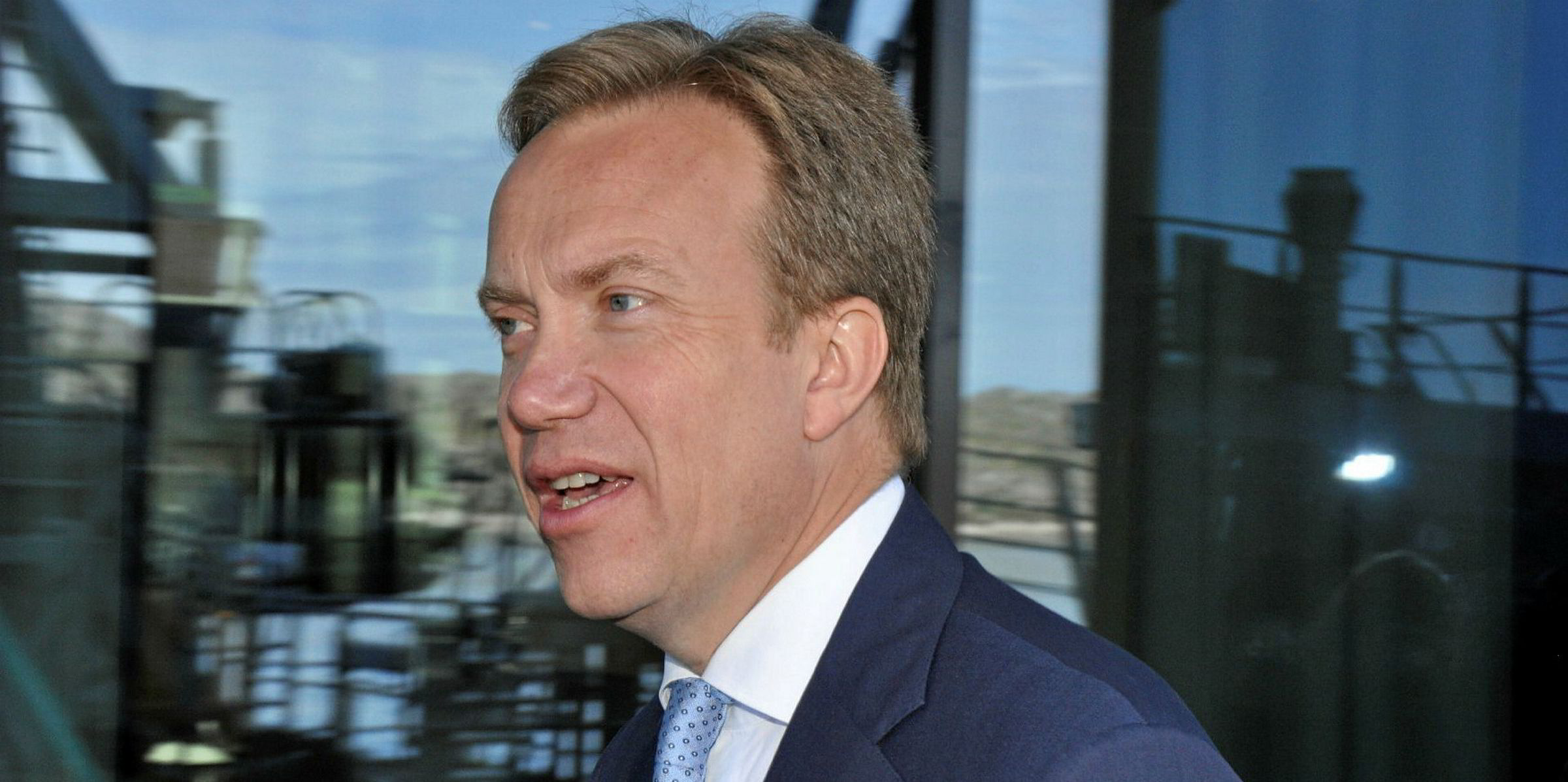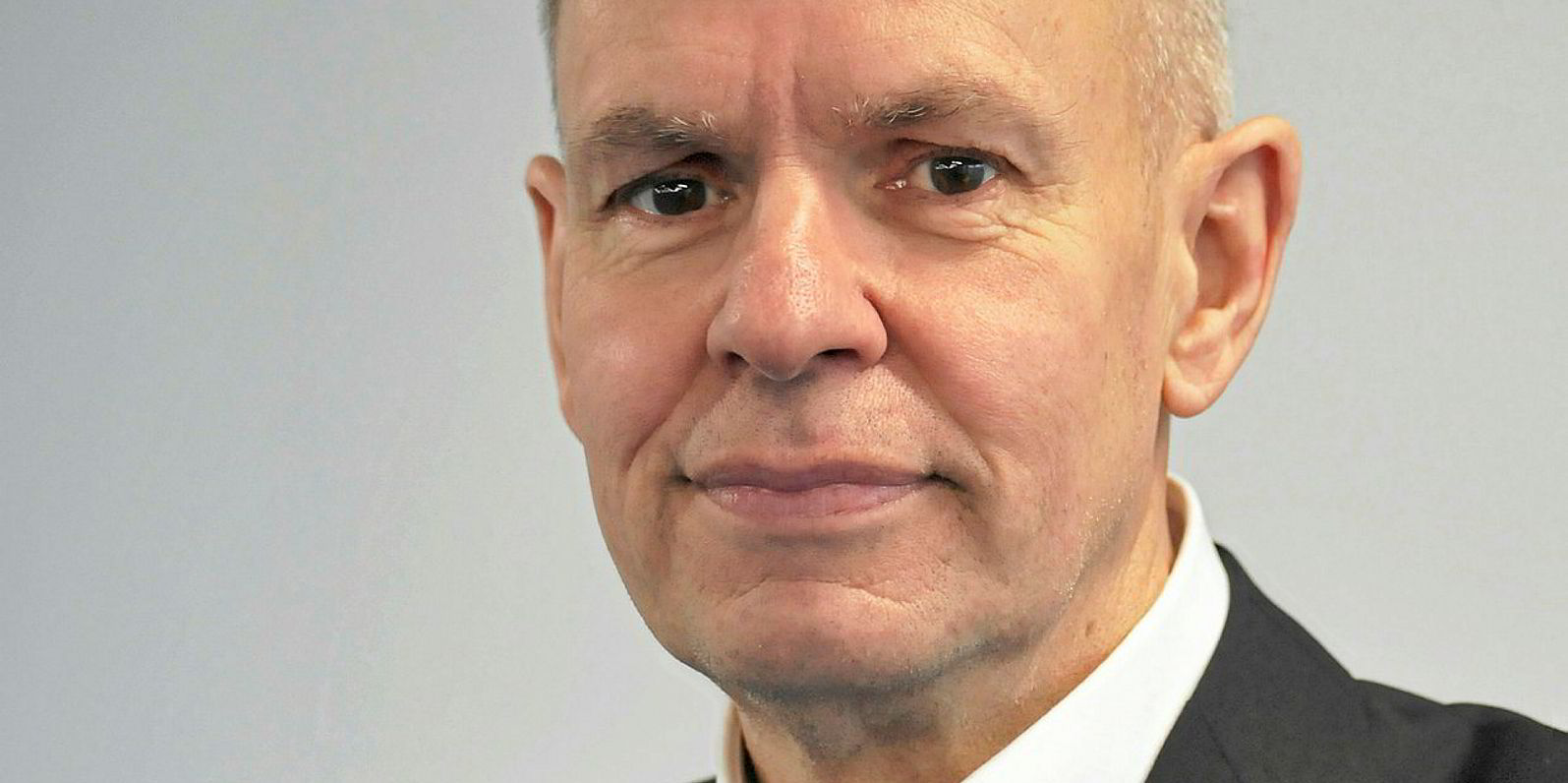Winter storms that ravaged the Alps in recent days have dumped huge snowfall not seen in a decade. Amid avalanches and blocked roads, the emergency services in Switzerland, Austria and southern Germany have struggled to cope.
Members of those nation’s armies have been called in to shovel snow from threatened buildings, while military helicopters have been used to ferry essential workers and reduce the risk of new snow slides.
It will be through those snowdrifts that the world’s business and political elite will travel in the next few days, as they make their way to the Swiss ski resort of Davos for next week’s meeting of the World Economic Forum.
The scene they will see from the windows of their limousines and private jets should serve as a powerful reminder of the state of the global economy and the risks that may lie ahead.
No one could have missed the increasing number of alarm bells ringing in recent months, warning that the 10 years of global growth since the trauma of the 2008 financial crisis was running out of steam.
Respectable global growth
While global economic growth is forecast to remain a respectable 3.6% this year, it is likely to slow to 3% in 2020 as headwinds increase and problems mount.
Donald Trump’s trade war with China, slowing growth in Europe and increasing political instability in many countries have combined to undermine confidence in many areas of business.

Even in the shipping markets it is clear all is not well. Despite an improving supply-demand balance and a low orderbook, freight rates across sectors consistently underperform. It should have been no surprise that the basket of shipping shares measured by Clarksons Platou Securities fell by 32% in value in 2018.
The scene they [business and world leaders] will see from the windows of their limousines and private jets should serve as a powerful reminder of the state of the global economy and the risks that may lie ahead
The World Economic Forum’s own annual report into the trading risks the world faces — published this week — made sobering reading as usual.
Its survey of around 1,000 experts and decision-makers presented a picture of weakening international collaboration that is undermining the collective will to tackle the problems facing business.
Global risks intensifying
It concluded that global risks of many types are intensifying but the ability to overcome them is lacking.
“We are drifting deeper into global problems from which we will struggle to extricate ourselves,” the annual report says.
Former Norwegian foreign minister Borge Brende, who is now president of the World Economic Forum, said the world would have to face up to how it intended to deal with the next recession, which would be along sooner rather than later.
He told a press conference at the offices of the Wall Street Journal in London that it was clear the risks facing business were increasingly complex and inter-related.
But as the world fractured and turned towards national politics, the ability to deal with those risks was decreasing.
Slowing growth, increasing debt, trade tensions and mounting inequality were daunting challenges that would need a collaborative approach to solve, he said.
Despite 10 years of growth since the banking crash, the “fiscal muscles” — as he put it — were still not strong enough for most countries to take action to stave off recession with interest rates remaining near zero.
'Reliant on technology'
Brende also highlighted the blind spot risk of technology.
“It is hard to overstate how reliant on technology we are,” he said. “But that means our networked societies are very vulnerable.”
But it was environmental risk that topped the survey. For the third year running, the World Economic Forum poll found that extreme weather events were the most likely risk for business, with the failure of climate-change mitigation and adaptation not far behind.
Alison Martin, chief risk officer at Zurich Insurance and one of the report’s authors, says it should be no surprise that environmental concerns should be dominating business risk today.
To respond to climate change would require a significant increase in infrastructure spending, by up to $1trn per year up to 2040, she says in the document. Demands on shipping to slash carbon emissions by investment in new fuels is just one element of the huge challenges the world faces.
As the global elite battles through the snow to reach Davos, they will have plenty to reflect on if the world is to stave off a stormy economic period ahead.





